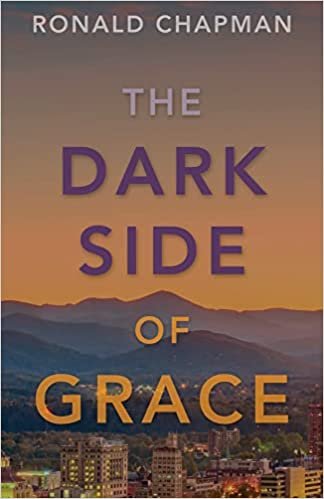Dealing With Conflict
/Managing Conflict is an Inside Job
Some time ago I was asked whether I had written about dealing with conflict. Much to my surprise I had not at that time. That’s was all the more curious since I have often been hired by client groups to help them navigate conflict. So within minutes of the question, I needed to step into the arena of conflict.
Let me begin by admitting that there are all kinds of tools in the world for conflict management. Many of those are very good tools, so as I often do, I encourage you to find an approach that is agreeable with you.
Yet I am aware from a great deal of experience that if the tool is not matched by some important inner work, it will often not be as effective as one hopes. That’s simply because so much of our conflict is within us rather than in the behavior of others. Two items in particular stand out.
The first has to do with our intentions and motivations. If we are seeking to be right, to be justified, or to be vindicated, any attempt to deal with conflict will be compromised. We may reach a resolution of sorts, but it will fall short of the potential for results or benefit.
In the language of this realm, we can’t get to a “win-win” solution if one or both parties cannot cede some ground. No conflict is solely one-sided, therefore any effective solution must be two-sided. Both parties must accept that they are somehow contributing to the conflict, which then requires mutual participation in the resolution. One cannot be “right” and still make concessions.
So the most foundational concept is that each party to a conflict must own their contributions to the difficulties as well as owning part of the solution. That means some inside effort, i.e. attempts to understand one’s own contributions to the problems.
While we’re doing the inner work of conflict resolution, we might as well look as deeply as we are able at the story we bring to the conflict. I’ve written about our story making capacities, but let me summarize.
Whether we are aware of it or not, we interpret the world through our beliefs and perceptions. This is true even if our views are false; we will translate our experiences and understanding consistent with the views no matter what. The result is that we create stories about conflicts as well as our experience of the world.
This is important to conflict resolution because often our understanding is just plain wrong. And yet the strength of our interpretation may be such that we cannot see past it. That does not bode well for a solution to conflict.
Therefore as we prepare to resolve a situation, we must explore the stories we bring to it and as much as possible bring them into question in order to create an opportunity.
Let’s be clear. Sometimes the primary causes do rest with another person. In that case good tools will be successful. But far too often it is not so simple. And when we do not own our side of a problem, it becomes increasingly difficult to solve.
Seeing True™
The first step to all mediation is to get all parties to the conversation. While necessary, until one of those in the conflict can make a clear step toward resolution there can be no solution.
Seeing True™ in Action
There are really only a few questions to consider in order to achieve good movement toward conflict resolution.
What’s my part in the conflict?
What am I willing to do to find a solution?
Can I release the need to be right, justified or vindicated?
Updated August, 2022













